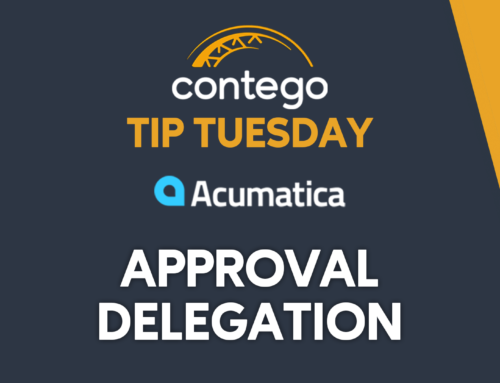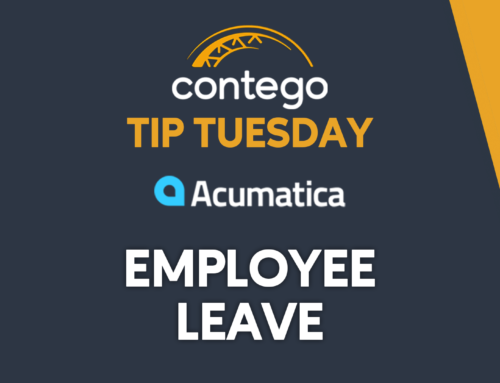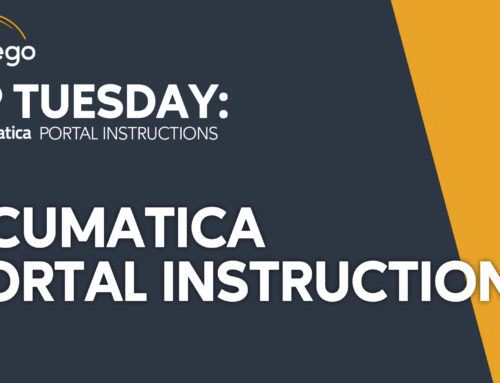What is a Legacy ERP?
A legacy ERP system is an outdated enterprise software solution that is no longer technologically relevant and isn’t being updated. These systems typically operate on older computer systems. Legacy ERP systems don’t necessarily have to be the clunky systems that were prevalent throughout the 1990s and early 2000s, they can be systems that don’t capitalize on the latest technological innovations, like cloud computing. Examples of these systems include Microsoft Dynamics SL, NAV, and GP, and Deltek.
What is an ERP?
Enterprise Resource Planning (ERP) is a system used by organizations and companies to manage the integration of various business elements. These systems offer increased efficiency for those who use them by consolidating the important aspects used to run a business. These systems have evolved exponentially since they first emerged with many offering cloud accessibility. ERP systems offer many advantages for businesses, however, can also act as an Achilles heel if implemented incorrectly or have not been updated frequently enough—otherwise known as legacy ERP systems.
Why Ditch a Legacy ERP?
Holding on to a legacy ERP system can hamper your business’ forward progression. These legacy systems lack integrated tools that make new systems easier to operate, more efficient, and more reliable. Some of the tools these systems are lacking include:
Inadequate real-time data:
Updates in computing have allowed modern ERP systems to provide fast and reliable data in real-time. Legacy systems lack this capability.
Lack of Customizability:
The unfortunate truth about legacy systems is they lack the extensive customization that makes modern ERP systems so appealing. Many modern ERP providers allow third-party integrations in the form of widgets or apps. These add-on integrations offer personalization for specific companies and specific industries at affordable costs.
Limited data analysis and reporting:
Modern systems offer instantaneous and often unlimited data-backups. Also, users can access data on the fly and analyze it in real-time, greatly increasing efficiency and improving decision-making processes. Legacy systems typically only allow localized data access and have limited data space, meaning you may need to pay for external data storage.
Low business process integration:
Many legacy ERP systems lack tools that modern companies take for granted, such as data integration and real-time inventory reporting. These legacy systems often require manual inputs, such as manual data entry using spreadsheets.
Lack of information:
The lack of real-time data from all elements of the business force decision-makers to make decisions without the full picture, which can lead to costly mistakes or worse. Modern ERP systems provide a holistic business picture at all times, ensuring decision-makers can make the most informed decisions at all times.
Despite all these challenges, many organizations choose to stick with their legacy ERP systems. People despise change, especially when change has a cost associated with it. Moving to a modern ERP system can seem daunting and expensive, especially when an organization has systems in place that appear to be working well enough. However, manual data entry, spreadsheets, and everything else discussed above can seriously slow down a business’s efficiency, potentially costing customers and profits.
Alternatives exist but deciding which one is right for you is an entirely different hurdle. Modernizing your ERP systems doesn’t need to be a challenge. Countless modern ERP systems exist that cater to all types of organizations in every industry. These modern systems are designed to take the organisational aspect of running a business out of employees’ hands and focus on growth. For example, we believe Acumatica Cloud ERP is an exceptional modern ERP. However, there are other modern ERPs available such as Oracle NetSuite. If you’re thinking of modernizing your ERP software and don’t know where to start, send us an email and we can help walk you through the process.
A final note: ERP software was once confusing, slow, and expensive to integrate—this made adopting a system more difficult and made the decision to change systems impossible. Modern ERP software is not like the legacy systems of the past. New systems provide better service, easier integration, a simple user interface and a plethora of necessary tools for an affordable price. Optimize your business, ditch the legacy ERP system, adopt a modern ERP system, and help your business tackle the next decade and beyond.





Leave A Comment